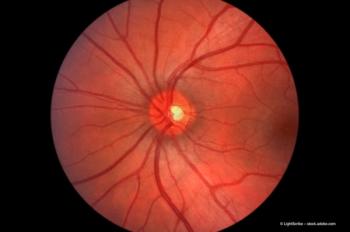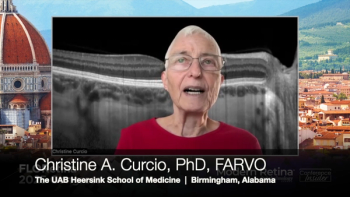
Managing CRVO and its complications
In a recent satellite symposium, sponsored by Bayer, the topic of macular oedema following CRVO was discussed by a panel of experts. Here, we present a summary of this meeting, highlighting the key outcomes.
During this meeting a panel of experts discussed the clinical perspectives and insights into CRVO with a particular emphasis on the serious and vision-threatening complication of macular oedema. In this article, we will present a summary of the key outcomes from this meeting.
Overview of the disease
"CRVO accounts for 20% of all RVOs," Prof. Silva continued. Most patients will experience CRVO in only one eye, however, it can affect both in around 10% of cases.2
A further important aspect of CRVO is development of non-perfusion (ischaemia), which has been reported to occur in approximately 20% of CRVO cases.3 However, Prof. Silva noted that this differentiation is not necessarily an easy one to make but it is vital as the prognosis of the patient, even with treatment, is very different. "No-one who has the ischaemic form of CRVO will experience a complete recovery of vision over time," he stressed. "Fortunately, this form does not account for the majority of CRVO cases."
Macular oedema and CRVO
A common complication of CRVO and the main cause of visual acuity loss in these patients is macular oedema. "The pathophysiology is not completely understood," Prof. Silva said, "but we do know that we have blood clots in the central retinal vein at the level of the lamina cribosa."
Visual acuity loss is really the linchpin of the disease, noted Prof. Silva. "With low visual acuity, a lot of patients experience a detrimental effect on their quality of life and as such are even willing to undergo invasive treatment," he said. However, this is a chronic recurring disease and so treatment options that can abate the inflammatory effect of the oedema while also increasing visual acuity and not impeeding a patient's lifestyle are preferred.
Newsletter
Get the essential updates shaping the future of pharma manufacturing and compliance—subscribe today to Pharmaceutical Technology and never miss a breakthrough.




























